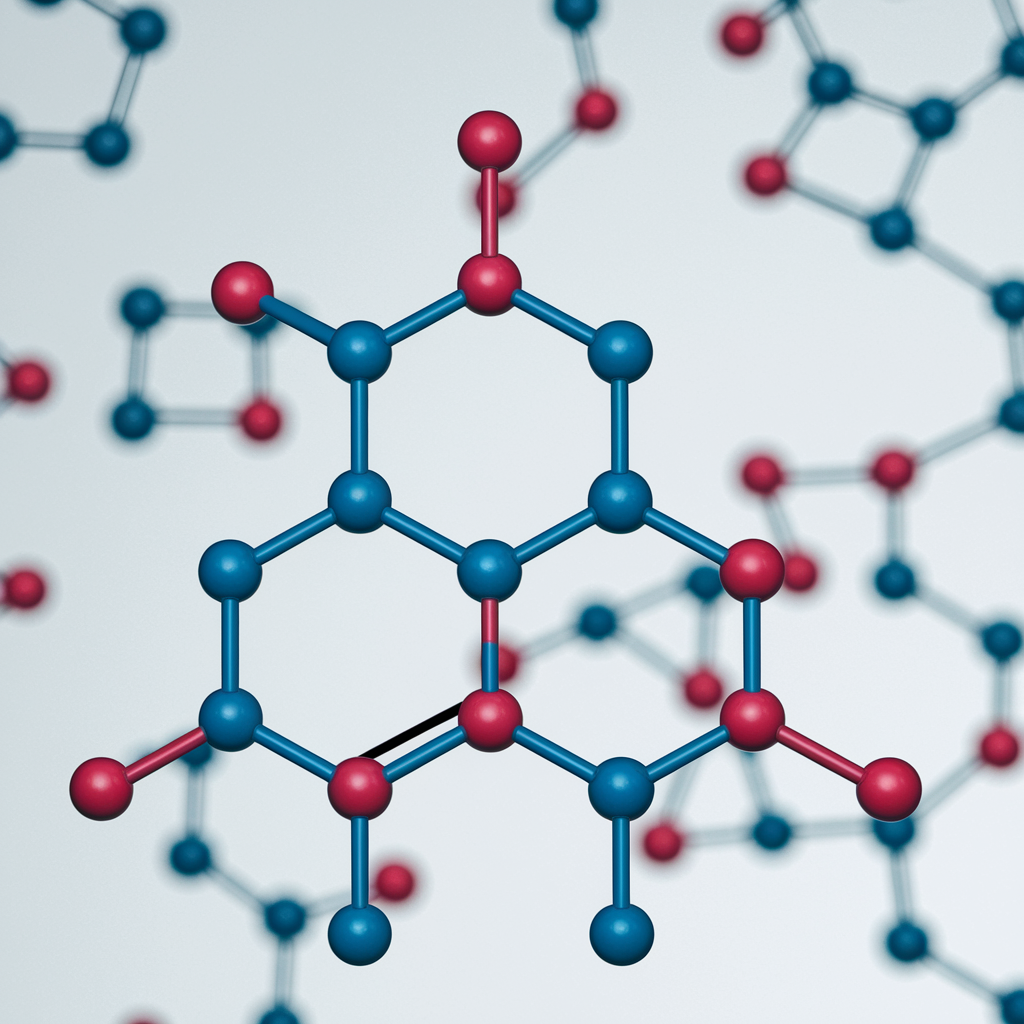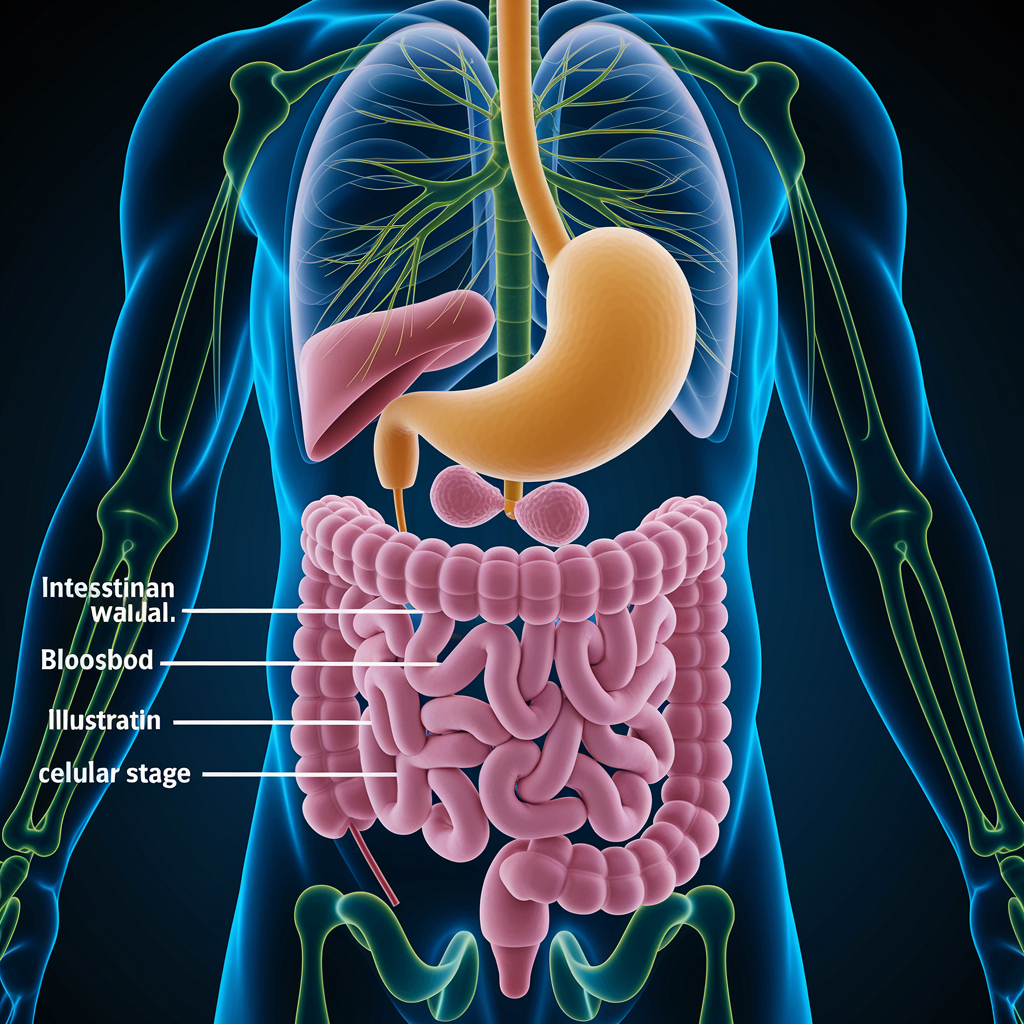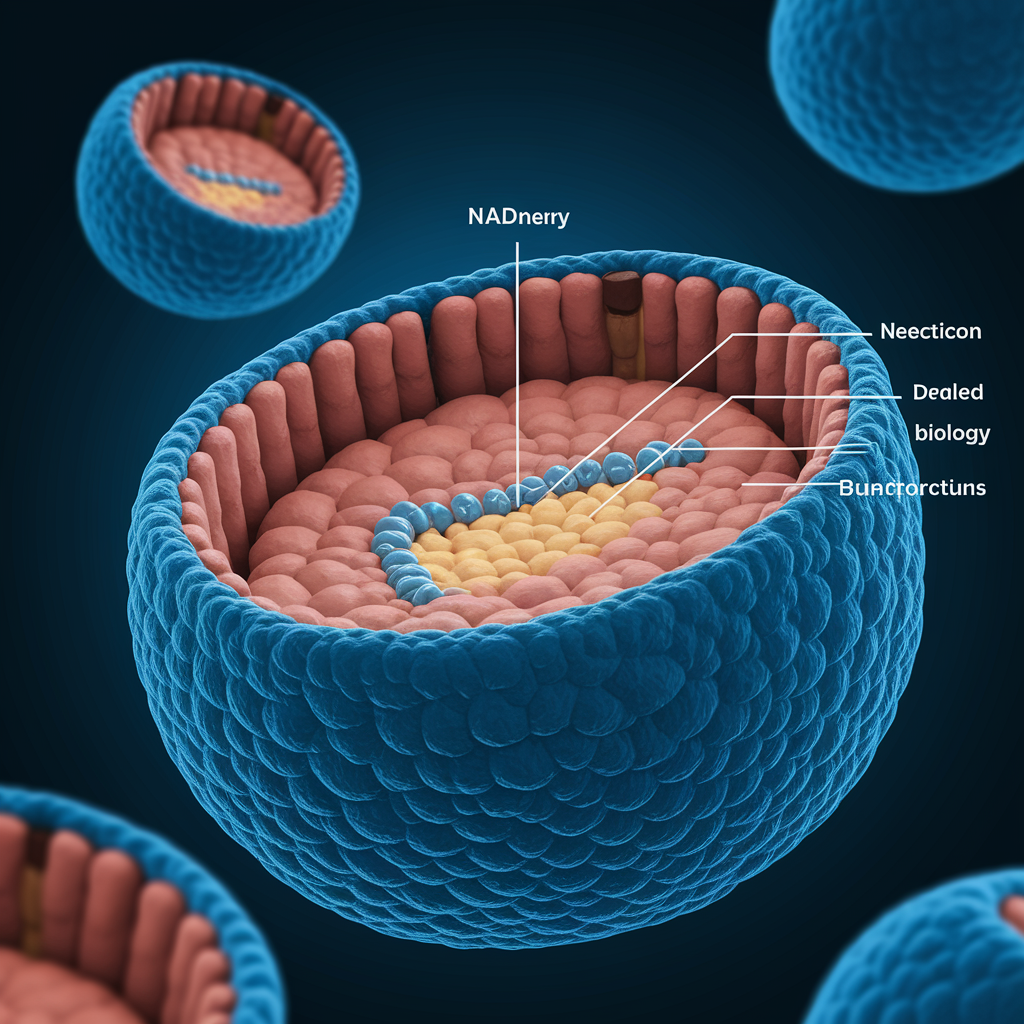NADH Supplements: Benefits, Uses, and Scientific Evidence
NADH, or Nicotinamide Adenine Dinucleotide + Hydrogen, is a coenzyme present in all living cells that plays a crucial role in cellular energy production. As a supplement, NADH has gained attention for its potential health benefits. This article explores what NADH supplements are, their benefits, scientific evidence, and important considerations before use.
What is NADH?
NADH is a naturally occurring compound in the body that helps convert food into energy. It’s derived from vitamin B3 (niacin) and serves as an essential component in the mitochondrial energy production process. NADH donates electrons to the electron transport chain, ultimately leading to ATP (adenosine triphosphate) production—the primary energy currency of cells.

Potential Benefits of NADH Supplements
Energy Production
NADH plays a vital role in cellular energy metabolism. Supplementation may help increase energy levels, particularly in conditions characterized by fatigue.
Cognitive Function
Research suggests NADH may support brain health by enhancing neurotransmitter production, potentially improving cognitive functions like memory, focus, and mental clarity.
Athletic Performance
Some athletes use NADH supplements to potentially enhance endurance and reduce recovery time by optimizing cellular energy production.
Chronic Fatigue Syndrome
Several clinical studies have examined NADH’s effects on Chronic Fatigue Syndrome (CFS), with some showing modest improvements in fatigue symptoms and cognitive function.
Parkinson’s Disease Support
Early research indicates NADH might help increase dopamine levels, which are typically depleted in Parkinson’s disease patients.
Scientific Evidence
While preliminary research shows promise, the scientific evidence for NADH supplements remains limited. Most studies have small sample sizes or methodological limitations. However, research in specific areas shows:
- A double-blind, placebo-controlled study found that NADH supplementation (10mg daily) improved cognitive performance in some individuals with CFS.
- Research published in the Journal of Neurological Sciences suggested potential benefits for Parkinson’s patients.
- Studies examining NADH for athletic performance have shown mixed results, with some indicating improved oxygen capacity and others showing no significant effect.

Recommended Dosage
Typical NADH supplement dosages range from 5mg to 20mg daily. Clinical studies most commonly use 10mg daily doses. However, optimal dosing may vary based on individual needs and health conditions.
Potential Side Effects and Precautions
NADH supplements are generally well-tolerated, but some people may experience:
- Mild insomnia (especially when taken later in the day)
- Anxiety or jitteriness
- Digestive discomfort
Individuals with existing health conditions or those taking medications should consult healthcare providers before using NADH supplements. Limited research exists on long-term safety and potential interactions.

How to Choose Quality NADH Supplements
When selecting an NADH supplement, consider:
- Stabilized formulations that protect NADH from degradation
- Third-party tested products for purity and potency
- Established manufacturers with good manufacturing practices
- Sublingual or enteric-coated forms for improved absorption
Conclusion
NADH supplements offer promising potential benefits for energy, cognitive function, and certain health conditions. However, more robust clinical research is needed to fully establish efficacy. As with any supplement, individuals should approach NADH with appropriate expectations and consult healthcare providers, especially those with existing health conditions.
Before beginning any supplement regimen, consider both the potential benefits and limitations of current scientific evidence to make an informed decision about whether NADH supplementation might be right for your health needs.